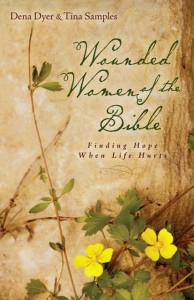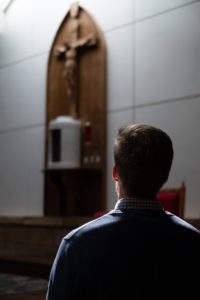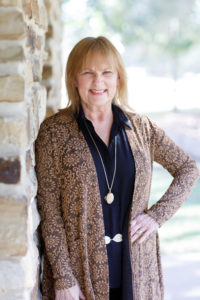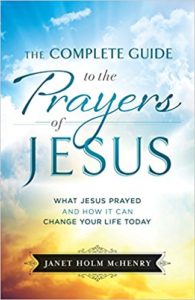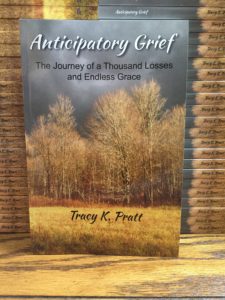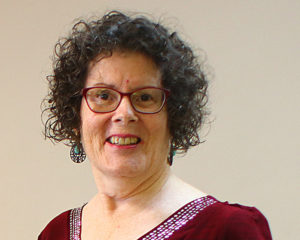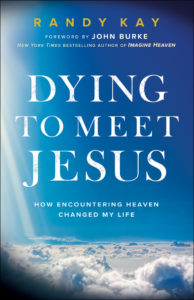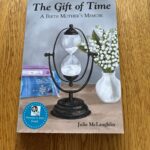During this pandemic one of the strange advantages my husband and I have discovered in having to watch online church is that sometimes we can watch more than one service from different churches on the same Sunday morning. And sometimes it’s amazing how God uses different services at two separate churches to hammer home a message He has for us.
Our hearts were crushed over some difficult circumstances we were experiencing because of the heartache thrust upon someone we loved. We knew God was in charge, but we couldn’t see Him working. The circumstances looked bleak. The breakthrough we’d been praying for just wasn’t happening.
As we connected to our online church that morning, our hearts were heavy. When the service at the first church was over, we connected to the second church that started fifteen minutes later than the first. We were just in time to hear the beginning of the sermon. Both of the messages that morning spoke of God’s love for us and our praise back to Him in response. Both services incorporated singing in the midst of the sermon message—a rather unusual approach for each. The first message spoke about our communication with God being a two way conversation. The second was specifically about praising God in song.
Two Churches – Same Message – Same Song
I was still struggling in my mind with the problem at hand during the second church service, when the soft refrains of a song that had already been sung at the first church we listened to began in this totally separate church.
“I love you, Lord, and I lift my voice . . . .“
This was not a currently popular song we would expect to hear in 2020, but an older song that had been a meaningful one to me personally for a number of years. For two different churches to use it on the same Sunday morning in our hearing during this painful time seemed one of those strange coincidences orchestrated by a loving God, and it touched me deeply. As the words of the song penetrated my heart, my eyes filled with tears. I felt God moving.
Even though we were not at a physical church, but sitting in front of my computer, my husband and I began to sing.
“. . . to worship you, oh my soul, rejoice. Take joy, my king, in what you hear. May it be a sweet, sweet sound in your ear.”
God was speaking to us. He was getting my attention. I saw that God wanted to soften our hearts so we could experience his presence and joy in the midst of our pain. He wanted us to trust Him.
And so God was teaching us – again—about praise, about the power that comes when we lift our hearts in praise even in the midst of difficult circumstances.
Remembering Another Time
As I lifted my voice to God, I remembered a time many years before when the church we were attending began with a praise service so powerful and beautiful that it bled into the sermon time. Because God’s Spirit was moving so powerfully throughout the congregation and many people were visibly responding, the pastor actually skipped his sermon so the praise could continue. I’ve never seen this happen before or afterwards at any church.
But I was one of the ones so strongly affected. My husband and I had just begun to reconcile our marriage after our three year separation, and my heart was still filled with pain. During that praise service, the tears erupted in my eyes as I felt God’s perfect love washing away the imperfect experience of love that had held me hostage for those three years. As the music, the praise, and the words of adoration peeled through the sanctuary, healing flowed through my veins and into my spirit. The words of praise reached down into the very caverns of my soul where the pain had become so imbedded, and flowed into the crusty places of my heart. As I continued to quietly weep, I felt God’s love flooding through me, replacing the residue of broken promises and abandonment that had caused such pain. It was like standing beneath a waterfall where God’s cleansing flood of love washed through me again and again to lift my heart to Him so I could release the pain through my tears. It was during that praise service when God’s Holy Spirit washed through my spirit and cleansed away the pain of our separation.
God is Still Working
So this morning, as we struggled with a new sorrow, God was again reminding me of His omnipotence. He was pulling me out of my melancholy and lifting my eyes and heart to Him. He wanted my husband and me to remember He was still in control. He was still working – even as the next song, “Waymaker” began to ring through the airways.
“You never stop. You never stop working.”
No, He never does. He never stops working. He’s always working out His perfect plan in His creation even when we can’t see it and in our lives when we put our trust in Him and bring Him into our circumstances.
Lifting our hearts in praise to God sheds the debris of doubt and disappointment to remind us that Jesus didn’t promise to keep us out of trouble. In fact, he said, “We will have trouble. But take heart, I have overcome the world” (John 16:33).
Yes, He is the Overcomer. He is the One who can bring “beauty from ashes and the oil of joy in place of mourning” (Isaiah 61:3).
The power of praise is a mystery, transcending our own understanding to inject God’s power into the circumstances of our lives so He can heal our hearts, remind us of His sovereignty, and transform our lives into new reflections of His holiness.
Listen here to I Love You Lord by Maranatha
If your heart is breaking because of a troublesome marriage, you don’t have to walk this journey alone. Let my book, Broken Heart on Hold, Surviving Separation, be a friend to you.


